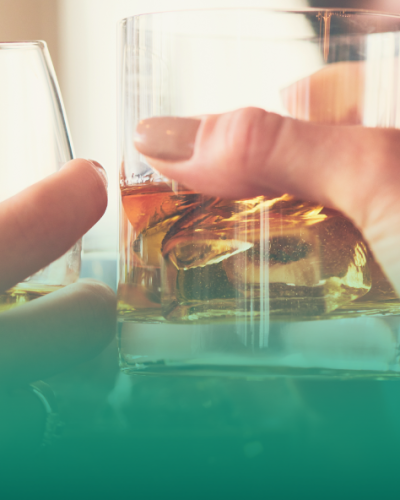Many myths and misconceptions have arisen around the topic of alcohol and alcoholism, partly due to a lack of information about the consequences of drinking alcohol.
Myth: Alcohol warms the blood
One of these myths is the claim that alcohol can warm the blood. It is often believed that alcoholic drinks help keep you warm in cold weather. However, this is a misconception. In fact, the first drink of alcohol may cause vasodilation and create the illusion of warmth, but subsequent doses may cause vasoconstriction, which will increase heat loss. Thus, the warming effect of alcohol is only temporary and leads to an irrational perception of heat.
Myth: Strong and weak alcohol are equally harmful to the body
In fact, alcoholism most often develops from the consumption of strong drinks, which can lead to serious heart, gastrointestinal and liver diseases. However, many countries have the same restrictions on the sale of both strong and low-alcohol drinks. Drawing attention to the dangers of drinking strong alcoholic beverages and informing about their consequences can help reduce the risk of developing alcohol-related diseases.
Myth: You can drink alcohol before swimming
Statistics show that a significant proportion of drowning cases in water bodies are associated with people being intoxicated. Under the influence of alcohol, blood vessels dilate, and entering cold water leads to their sharp narrowing, which can lead to serious health problems such as a heart attack or stroke. Therefore, it is important to avoid drinking alcohol before swimming to prevent possible injuries and accidents.
It is important to consider that alcohol affects the coordination of movements and the body’s response to external influences. Even if a person feels well after drinking alcohol, their reaction to dangerous situations may be significantly slowed, which increases the risk of traumatic accidents, especially while swimming.
In addition, when drinking alcohol before swimming, a person may experience the effect of delayed intoxication. This means that even if he feels relatively well at the time of swimming, intoxication may begin later when he is already in the water, which can increase the risk of drowning. Therefore, it is important to avoid drinking alcohol before swimming and adhere to safe behavior in water bodies.






